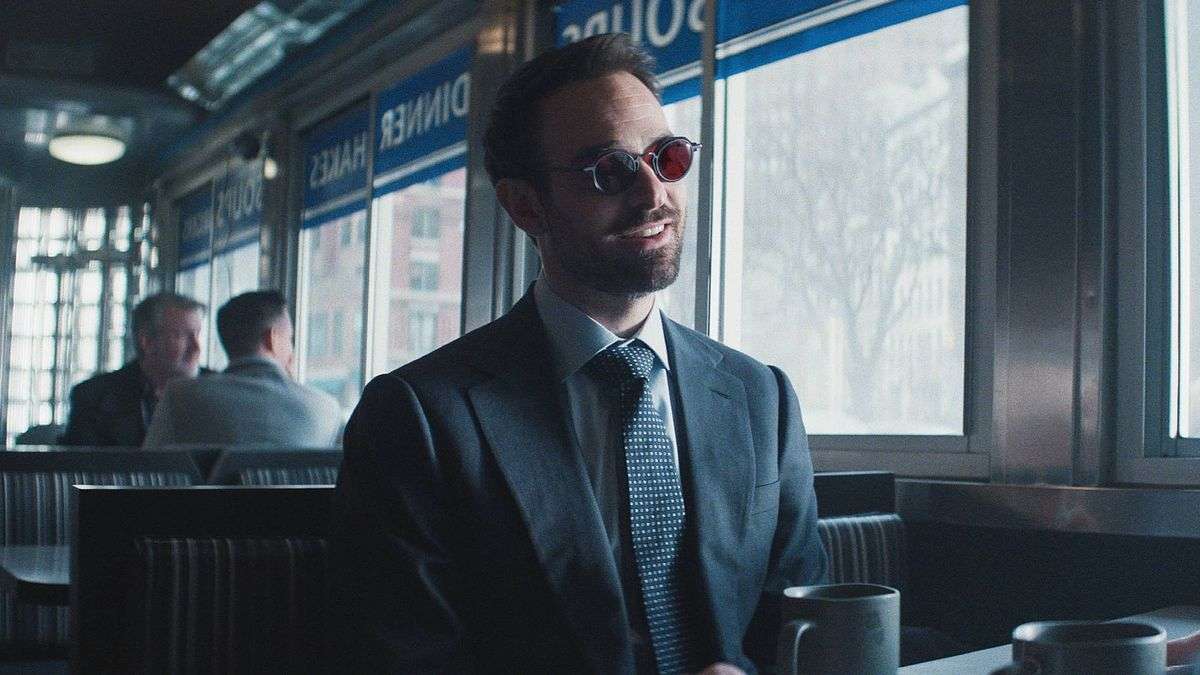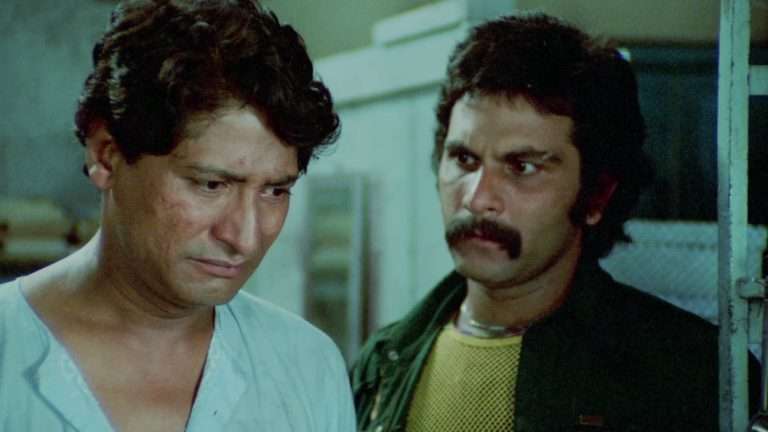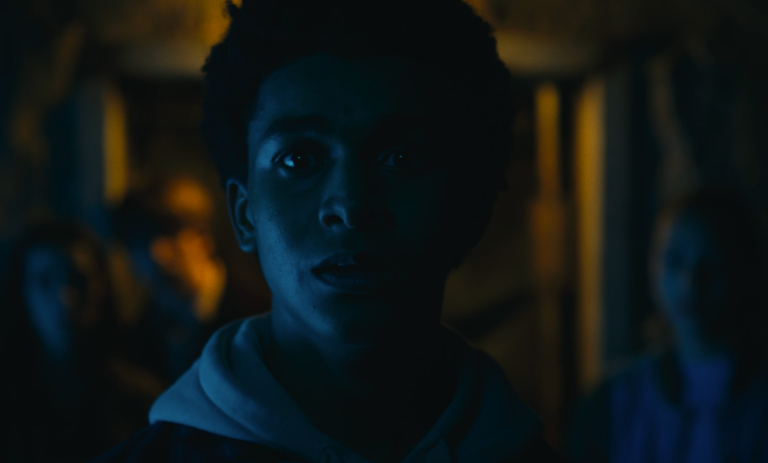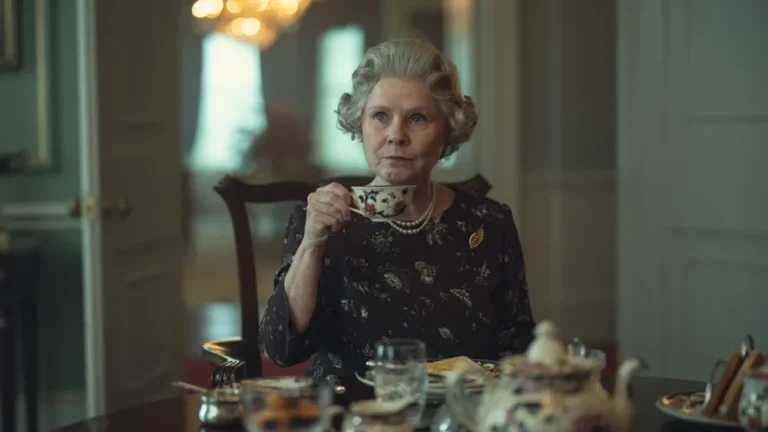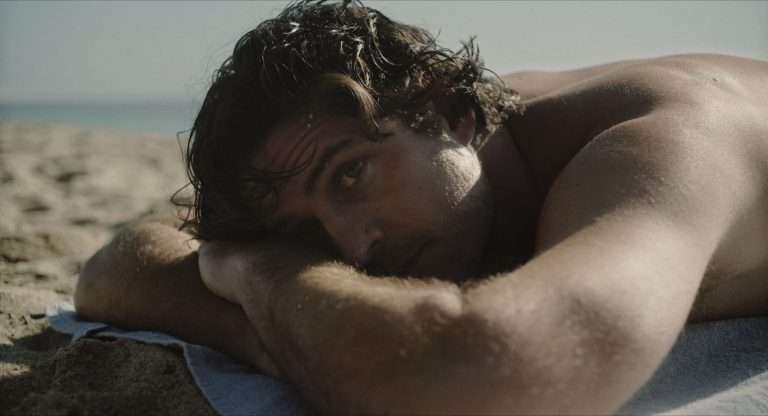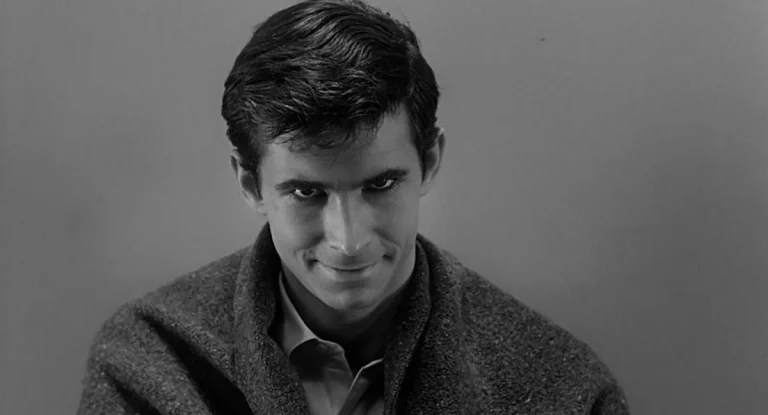“I was raised to believe in grace. But you should know, I was also raised to believe in retribution.”
In the pantheon of comic-book superheroes, few characters have grappled as relentlessly with moral ambiguity as the vigilante. Whether it’s Superman shouldering the burden of godlike power, Spider-Man haunted by the guilt of responsibility, or Batman wrestling with the cost of justice, the dilemma persists: is taking the law into your own hands ever justifiable? It’s fitting, then, that “Daredevil: Born Again”—a story about a blind lawyer from Hell’s Kitchen who moonlights as a masked vigilante—places that question at its very core. In this searing continuation of Matt Murdock’s journey, we’re not merely watching a superhero saga. We’re plunged into a philosophical and emotional minefield about justice, morality, and the slow unraveling of civil society.
Philosophical Foundations and the Struggle for Justice
The series picks up years after the events of Netflix’s “Daredevil” (2015–2018), and a year after Matt Murdock has hung up his red suit. But peace is short-lived. When former crime boss Wilson Fisk is elected Mayor of New York City, Murdock is forced back into the fray—not just as Daredevil, but as a man desperate to preserve a vision of justice slipping through his fingers. From the very first frame, the show stakes its philosophical claim. The opening credits are a masterclass in metaphor: New York City collapses in slow motion, its skyline crumbling, the Statue of Liberty’s head crashing to the ground. These aren’t just grand visuals—they’re an existential cry. What happens when the very foundations of our society—liberty, equality, fraternity—are razed by corruption and authoritarianism?
Wilson Fisk: The Smiling Face of Tyranny
Enter Wilson Fisk. No longer merely the Kingpin of crime, Fisk is now a thinly veiled analogue for Donald Trump: a wealthy businessman turned public servant who installs private task forces, dismantles institutional safeguards, and cloaks himself in patriotic slogans (“Never forget, I love New York”) that echo real-world populist mantras like “America First.” He’s the smiling face of tyranny, cloaked in legitimacy, reshaping governance into a personal dictatorship.
This season deepens the metaphor introduced in Daredevil’s first season—that the city is being built from blood and death. That blood drips down, not up. And from those gutters, a devil rises. The series builds upon that legacy, portraying a city crumbling under systemic rot: a justice system buckling under political pressure, a police force weaponized by the state, and a population numbed by despair. Much like its protagonist, “Born Again” is haunted by absence. Foggy Nelson—Matt’s best friend and moral compass—is gone, and with him, the law’s last shred of humanism. In one of the most poignant courtroom scenes, Matt argues not about evidence or guilt, but about loss. Can any sentence bring Foggy back? Can justice, as it stands, ever truly heal?
Murdock’s Existential Crisis: The Cost of Justice
That lingering pain infects every decision Matt makes. His Catholicism, long a symbolic motif in the show, now takes on a more urgent moral dimension. The confessional is no longer just a stage for reflection—it’s a battlefield. Here, justice is spiritual. The line between vengeance and virtue is not merely legal—it’s metaphysical. But the show’s true genius lies in its refusal to offer easy answers. What happens when civil liberties vanish? When health and education rot from within? When do legal institutions buckle under authoritarian pressure? Do we remain spectators, or embrace vigilantism as a necessary evil? This is the conundrum at the heart of “Daredevil: Born Again,” and it doesn’t flinch from the complexity of that question.
Political and Systemic Corruption: Law as a Weapon
The show also turns a harsh lens on law enforcement. Police are no longer peacekeepers but enforcers of political will. The FBI, now under Fisk’s control, is less a symbol of national integrity and more a reminder of how easily state machinery can be hijacked. The law doesn’t fail—it serves power. And when power is corrupt, the law becomes a weapon. One of the season’s most potent motifs is its refusal to portray victories as clean. Each legal win is undercut by new horrors. Every courtroom success is followed by violence in the streets. Hope flickers, then dims.
Each episode feels like a courtroom without a judge—just a city trying to determine what justice even looks like. The legal system, as Murdock knows intimately, is deeply flawed. In a powerful early episode, he argues that no sentence can account for the loss of Foggy Nelson—his friend, his conscience. The law punishes, yes, but does it heal? Does it deter? Can it ever truly be restored?
Daredevil: Born Again – A Parable for Our Time
This theme is further explored through the evolving dynamic between Fisk and his wife, Vanessa. No longer a mere side character, Vanessa emerges as a hunter in her own right—calculated, cold, and fiercely intelligent. While Fisk manipulates the political arena, Vanessa sees everything as a game of control and leverage. Together, they are not just a power couple but a chilling embodiment of corporate-political corruption, where love and ambition blur into strategy.
The political critique doesn’t end with Fisk. The show delivers a brutal commentary on policing and state violence. Cops here are not defenders of justice but agents of chaos, echoing real-world headlines of extrajudicial killings and systemic abuse. The system doesn’t simply fail—it actively harms. And each time Murdock wins a courtroom battle, the consequences feel hollow, as chaos seeps through every victory.
This feeds into one of the show’s most poignant arcs: Murdock’s existential despair. His double life—as lawyer and vigilante—has never felt more agonizing. Like Clark Kent or Peter Parker, his civilian identity is a mask. But where those characters find strength in duality, Murdock is haunted. Even as Daredevil, he couldn’t save Foggy. Even as a man of law, he feels powerless. His anguish bleeds into every scene, and Charlie Cox delivers a performance that’s raw, contemplative, and deeply human.
Final Confrontations: The Temptation of Revenge
And yet, he does not break. One of the show’s most affecting moments comes when he confesses to Karen Page that he intended to kill Benjamin Poindexter—but didn’t. Because the line between justice and revenge, between order and chaos, is not just legal—it is spiritual. Superheroes are often defined by their refusal to kill. “Born Again” honors that code, but never romanticizes it. It portrays the temptation to kill as very real, and the strength it takes to resist as almost unbearable. The soundtrack deserves its own standing ovation. The main theme is haunting and mythic, underscoring the noir and theological undertones of the series. It’s not just music—it’s part of the moral landscape.
What’s perhaps most striking is how “Born Again” manages to maintain the gritty, street-level tone of its Netflix predecessor while integrating into the broader Marvel Cinematic Universe. For longtime fans, this could’ve been a disaster—a dilution of tone, an overwrought cameo-fest. But the writers avoid that trap. Unlike most recent MCU projects that demand viewers keep a spreadsheet of spin-offs and episodes, this series is self-contained, character-driven, and narratively focused. It respects the viewer’s intelligence. Much like Murdock’s enduring faith, it asks us to believe—not in spectacle, but in purpose.
The decision to borrow the title “Born Again” from Frank Miller’s iconic 1986 arc is not a claim of fidelity, but of spirit. While the show diverges in plot, it draws from multiple timelines—notably Charles Soule’s run (with Fisk as mayor and the introduction of Muse)—weaving these threads into a cohesive, emotionally resonant tapestry. In many ways, this season is the culmination of everything “Daredevil” has always been about. Justice is blind. The city is corrupt. Hope is dying. And yet, the savior rises—not cleanly, not triumphantly, but with scars and trembling hands.
In a world overwhelmed by real-life authoritarianism, corruption, and despair, “Daredevil: Born Again” is more than a superhero show—it’s a parable. It looks us in the eye and asks: What do you do when justice no longer serves? When do the scales of the court fall to ash? It doesn’t preach. It makes us sit with the discomfort. Moreover, it makes us ask the same question Matt Murdock wrestles with in the dark. And perhaps, like him, we may find that the only true justice begins when we ask it honestly.

